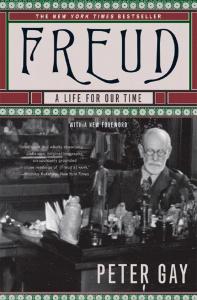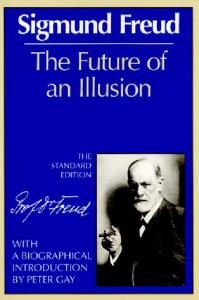Review
Freud is a 1984 BBC television series that delves into the life and work of the renowned Austrian psychoanalyst, Sigmund Freud. In this gripping drama, David Suchet takes on the role of Freud, bringing his character to life and providing an in-depth look into the mind of the man who revolutionized the field of psychology. Viewers can gain a deeper insight into the influences that shaped Freud's ideas and practices through a detailed exploration of his personal life, relationships, and professional struggles.
The series also aims to shed light on the cultural and historical context in which Freud lived and worked, giving viewers a glimpse into the societal attitudes towards psychology and mental health during his time. By showcasing how Freud's theories challenged the traditional beliefs of his era, the series emphasizes his impact on the field and his enduring legacy.
Overall, Freud serves as an informative and engaging tribute to one of the most influential figures in the history of psychology. Its objective is to educate and inspire viewers to explore Sigmund Freud's complex and fascinating mind and appreciate the enduring relevance of his work in today's world.
The series opens with a young Freud struggling to make a name for himself in Vienna's medical community. While his colleagues dismiss his theories as unorthodox and controversial, Freud remains determined to challenge the traditional understanding of mental illness. His relentless pursuit of truth and his unyielding belief in the power of the subconscious leads him to develop the revolutionary practice of psychoanalysis.
As Freud's reputation grows, so does his personal life. The series delves into his complicated relationship with his wife, Martha, who initially supports his work but later becomes disillusioned with his theories. It also explores his close friendship with fellow psychoanalyst Carl Jung, who became both a mentor and a rival to Freud.
One of the most intriguing aspects of Freud is its exploration of the cultural attitudes towards mental health during the late 19th and early 20th centuries. Viewers are taken on a journey through the societal norms and beliefs that shaped the understanding of mental illness and the treatment of patients. Through this lens, the series highlights the significance of Freud's work in challenging these attitudes and paving the way for modern psychology.
The series also examines the professional struggles and controversies faced by Freud, including the backlash from his peers and the accusations of misogyny in his theories. By delving into these controversies, Freud presents a balanced and nuanced portrait of the man behind the theories, showcasing his flaws and complexities alongside his brilliance.
David Suchet's portrayal of Freud is a standout performance, capturing the intensity and passion of the man behind the theories. His nuanced and layered portrayal allows viewers to see beyond the iconic image of Freud and understand the human behind the legend.
The production value of Freud is top-notch, with stunning period costumes and sets that transport viewers back in time. The attention to detail adds to the authenticity of the series and enhances the overall viewing experience.
In conclusion, Freud is worthy of anyone interested in the life and work of Sigmund Freud or the history of psychology in general. With its engaging storytelling and exceptional performances, the series successfully achieves its objective of providing a comprehensive and insightful look into the man who redefined our understanding of the human mind. It is a tribute to Freud's enduring legacy and a reminder of the importance of constantly questioning and challenging established beliefs to pursue truth.






